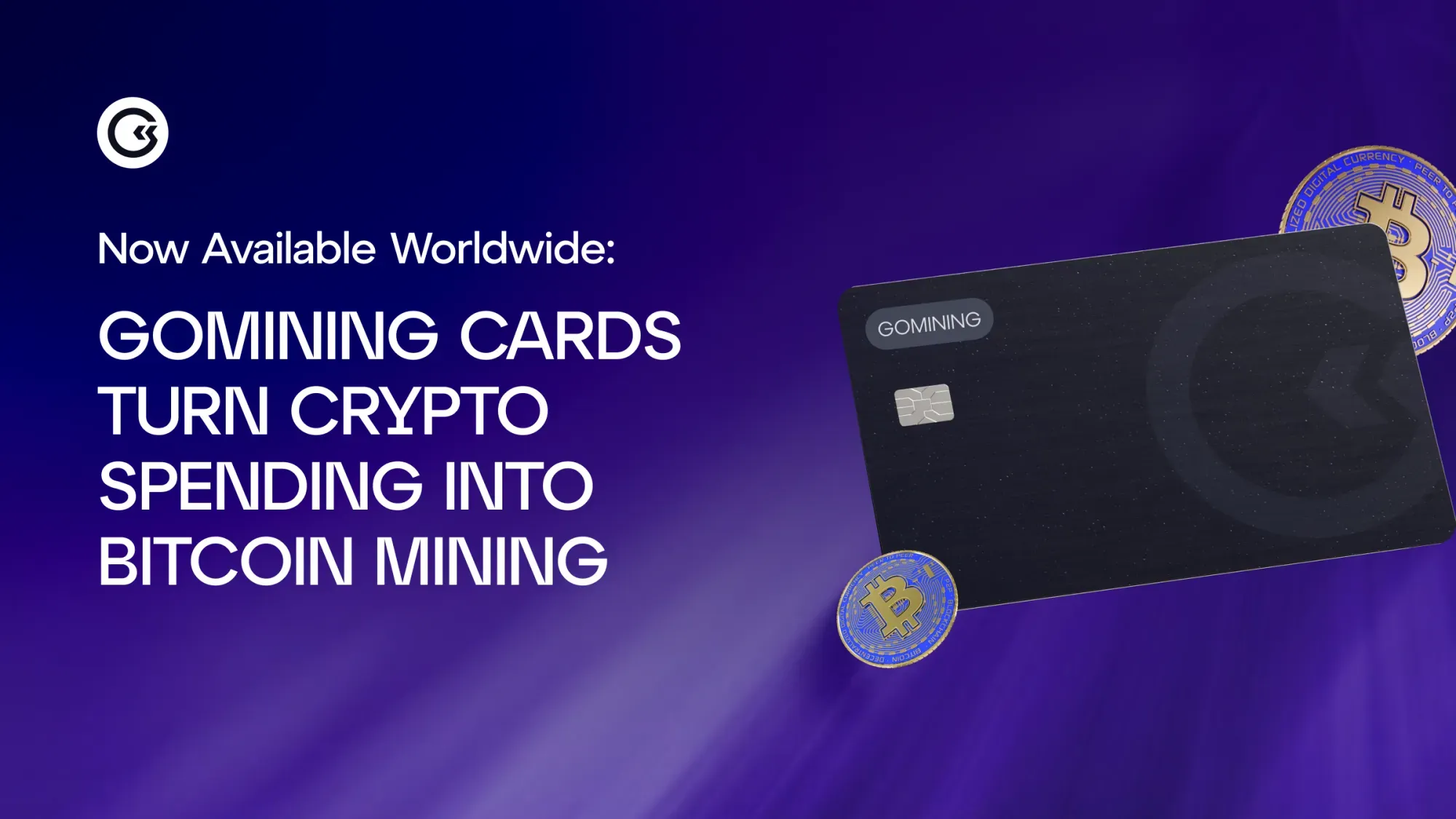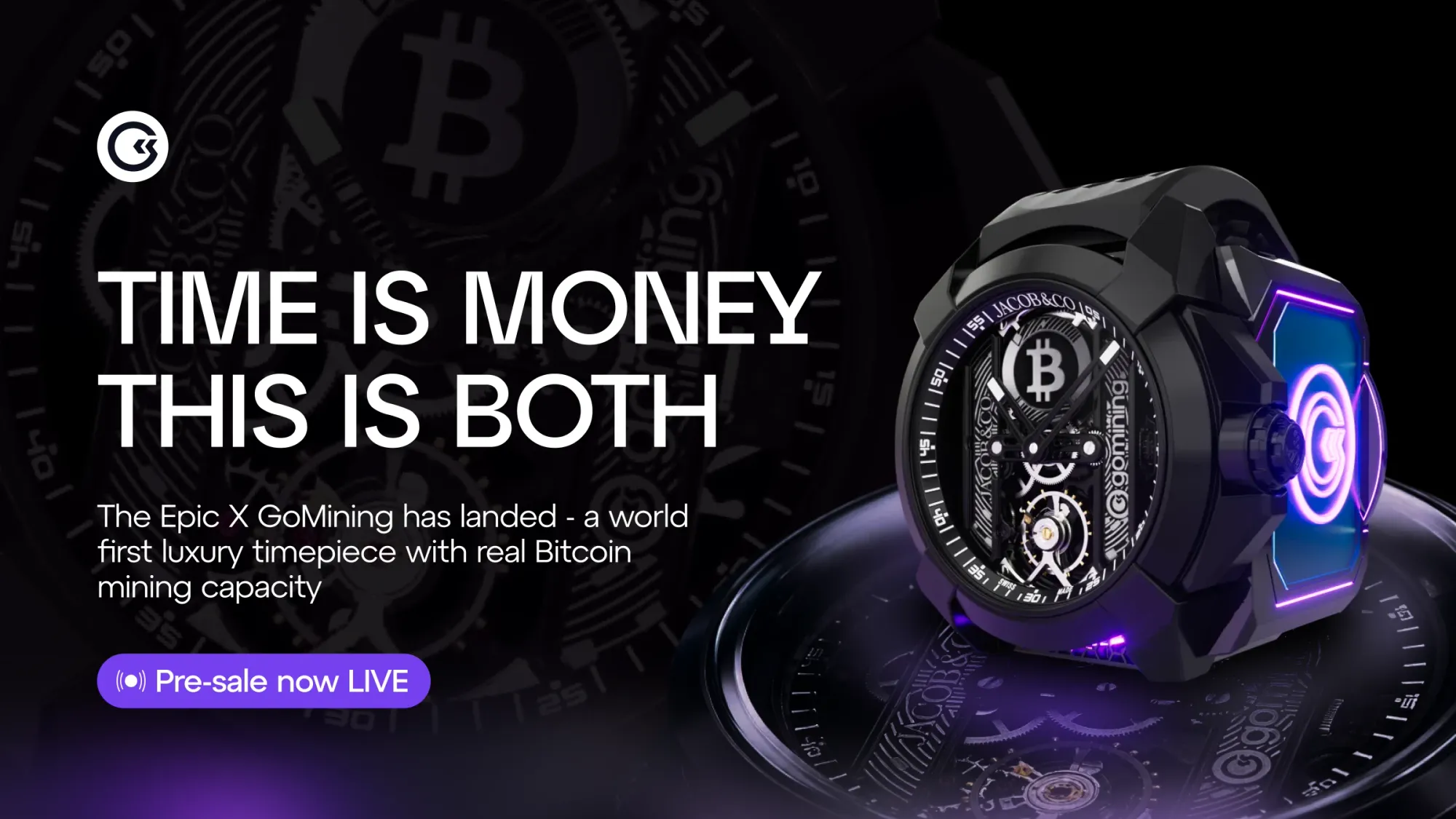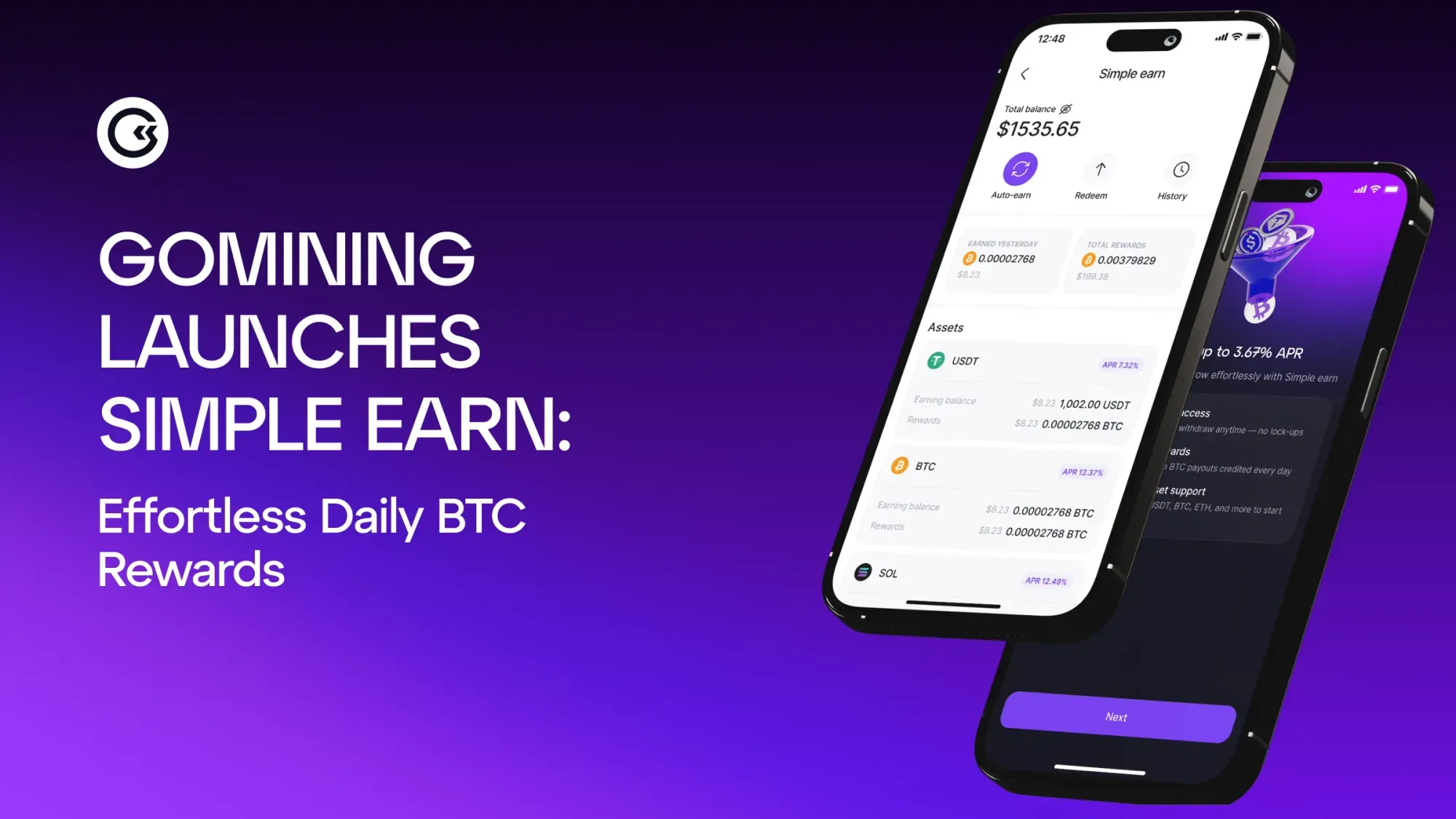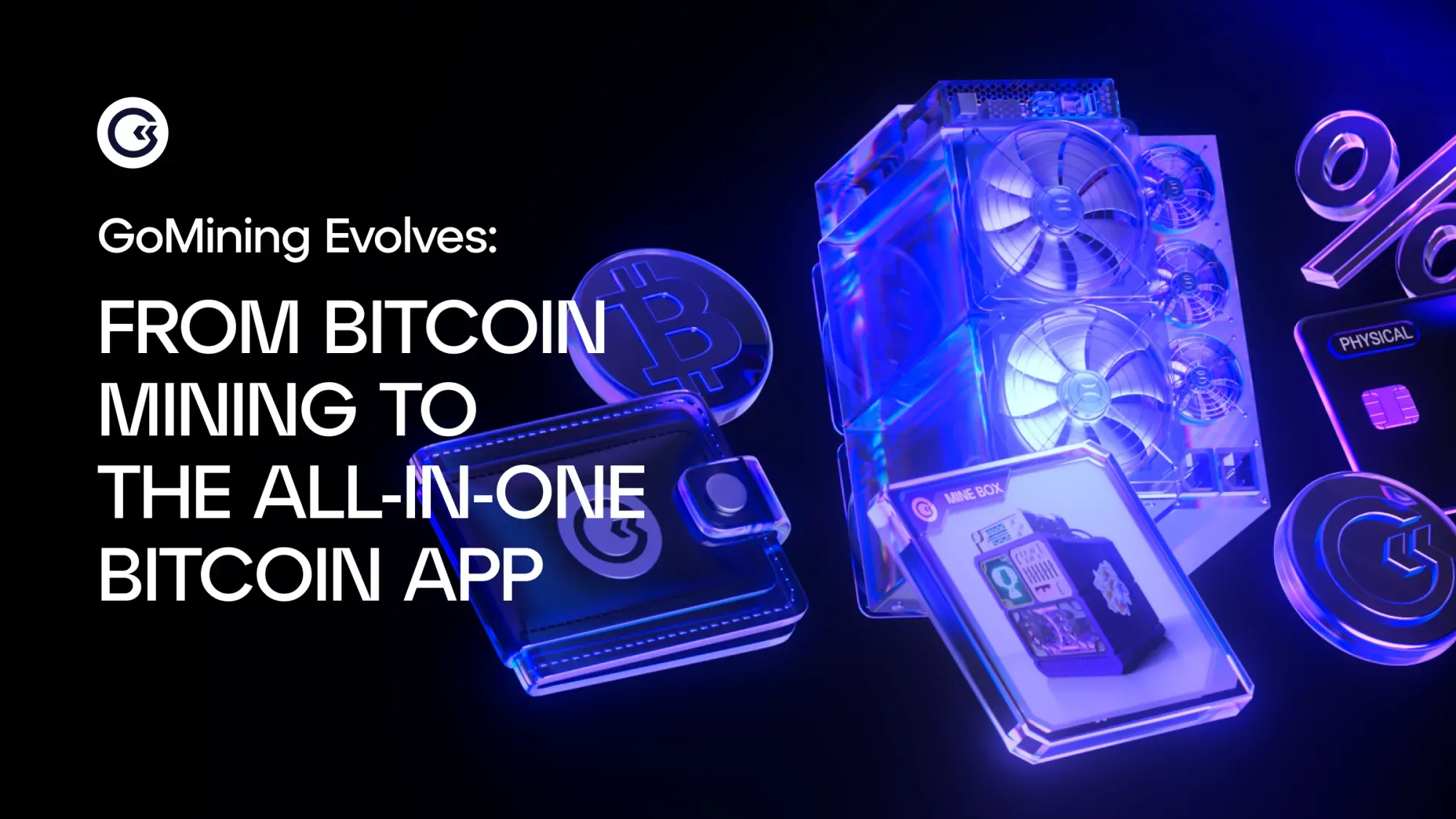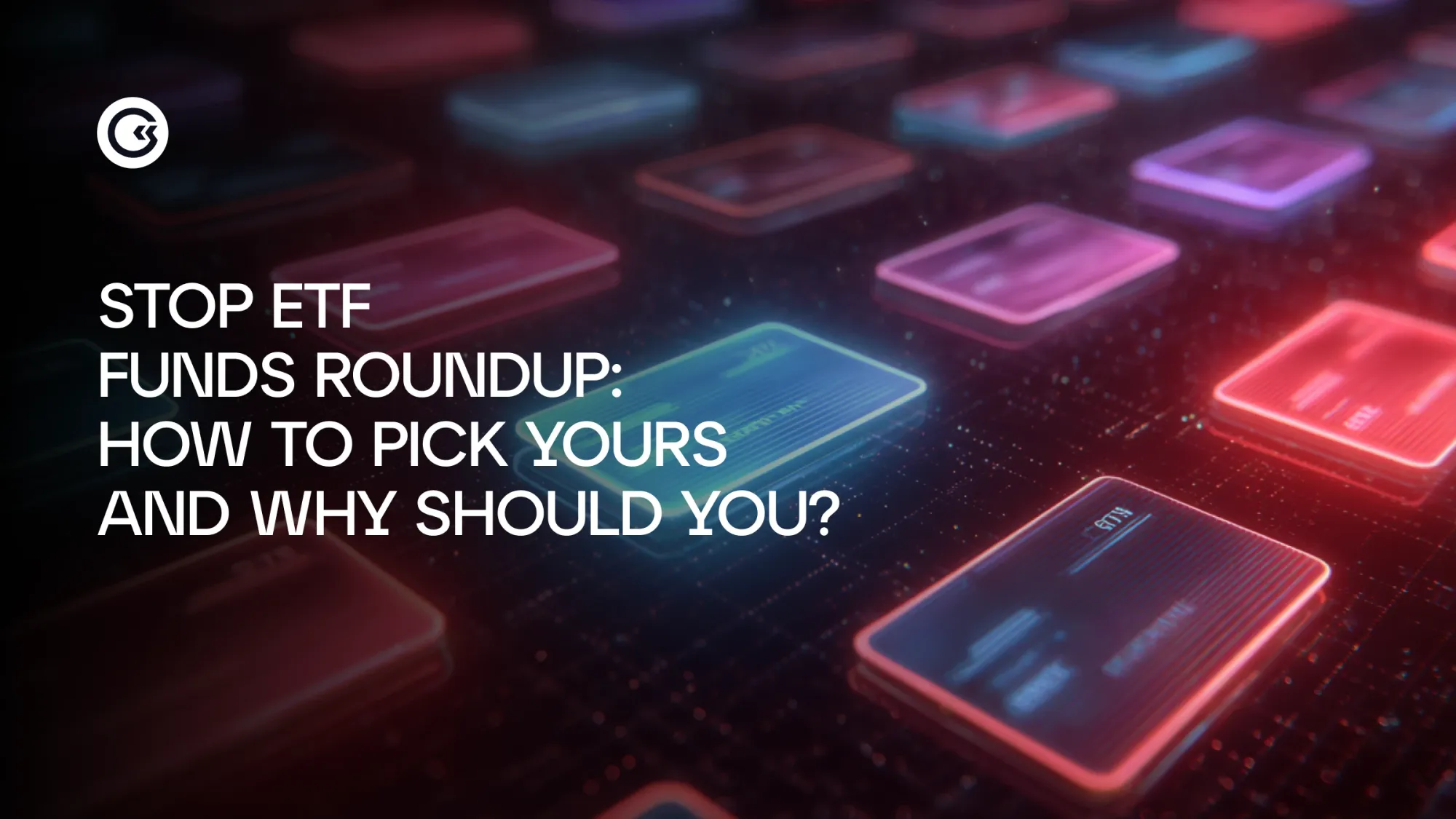Introduction
Si vous avez récemment commencé à explorer le monde de la cryptomonnaie, vous avez probablement rencontré le terme altcoin à plusieurs reprises. Mais qu'est-ce qu'un altcoin exactement, et pourquoi ces monnaies numériques sont-elles si importantes aux côtés du Bitcoin (BTC) ? En termes simples, les altcoins sont toutes les cryptomonnaies qui ne sont pas le Bitcoin — des alternatives qui offrent différentes fonctionnalités, technologies et cas d'usage. Alors que le Bitcoin reste la monnaie numérique pionnière et la référence du marché, les altcoins ont élargi l'écosystème crypto en introduisant de l'innovation, de la diversité et de nouvelles opportunités pour les utilisateurs.
Cet article fournira un aperçu complet des altcoins, expliquant leur signification et les différents types d'altcoins disponibles aujourd'hui, incluant les forks, tokens, pièces de confidentialité, stablecoins et tokens utilitaires. Nous mettrons également en évidence certains des altcoins les plus populaires du marché tels qu'Ethereum, Ripple, Litecoin, Cardano et Binance Coin, en explorant leurs rôles uniques et propositions de valeur.
Comprendre ce que sont les altcoins en crypto est vital car ils influencent significativement l'ensemble du marché des cryptomonnaies. Nous discuterons de la façon dont les altcoins affectent la dynamique du marché à travers la diversification, l'innovation, la volatilité et la liquidité. Vous apprendrez les risques et récompenses associés à la détention d'altcoins, spécialement pour les débutants qui se demandent s'ils devraient se lancer dans les altcoins.
Enfin, nous regarderons vers l'avenir des altcoins — comment les technologies émergentes comme la finance décentralisée (DeFi) et les nouvelles plateformes blockchain pourraient façonner leur croissance et impact au cours de la prochaine décennie. Que vous soyez un observateur occasionnel, un nouveau détenteur ou un trader expérimenté, ce guide vous équipera des connaissances pour comprendre le paysage des altcoins et prendre des décisions éclairées sur comment trader efficacement les altcoins.
À la fin de cet article, vous aurez une image claire de pourquoi les altcoins comptent, comment ils interagissent avec le Bitcoin et le marché plus large, et comment vous pouvez naviguer cet espace en évolution rapide avec confiance.
Que sont les Altcoins ?

Le terme altcoin est l'abréviation d'"alternative coin", se référant à toute cryptomonnaie autre que le Bitcoin (BTC). Puisque le Bitcoin était la première monnaie numérique jamais créée, toutes les autres cryptomonnaies qui ont émergé par la suite sont collectivement connues sous le nom d'altcoins. Ce terme large capture une vaste et diverse gamme d'actifs crypto conçus pour servir différents objectifs — que ce soit en améliorant le cadre original du Bitcoin, en s'attaquant à ses limitations, ou en introduisant des concepts et cas d'usage entièrement nouveaux.
Les altcoins varient largement dans leur technologie, structure et applications prévues. Voici un aperçu des principaux types d'altcoins que vous rencontrerez couramment sur le marché crypto :
Bitcoin Forks
Certains altcoins proviennent de forks du Bitcoin. Ce sont des cryptomonnaies créées en copiant le code open-source du Bitcoin et en apportant des modifications à certaines fonctionnalités telles que la vitesse de transaction, les algorithmes de minage ou la taille des blocs. Ces forks conservent de nombreuses caractéristiques centrales du Bitcoin mais visent à corriger les problèmes perçus ou à expérimenter avec de nouvelles fonctionnalités. Un exemple bien connu est Litecoin (LTC), qui offre des confirmations de transaction plus rapides et un algorithme de hachage différent, en faisant une alternative populaire pour les paiements plus rapides.
Tokens basés sur Ethereum
Ethereum a transformé l'espace crypto en introduisant les contrats intelligents — des contrats auto-exécutants avec du code qui applique automatiquement les termes d'un accord. Cette percée a conduit à la création d'un énorme écosystème de tokens basés sur Ethereum, spécialement ceux construits sur le standard ERC-20. Ces tokens alimentent les applications décentralisées (dApps) et plateformes à travers une large gamme de secteurs, de la finance au gaming. Par exemple, des projets comme Uniswap (un échange décentralisé) et Chainlink (un réseau oracle décentralisé) utilisent des tokens basés sur Ethereum pour faire fonctionner leurs écosystèmes.
Pièces de Confidentialité
La confidentialité est une préoccupation majeure pour de nombreux utilisateurs de cryptomonnaie qui veulent garder leurs transactions financières confidentielles. Contrairement au registre public du Bitcoin, qui permet à quiconque de tracer les transactions, les pièces de confidentialité se concentrent sur l'amélioration de l'anonymat. Elles utilisent des techniques cryptographiques avancées pour cacher les montants des transactions, les adresses, ou les deux. Les pièces de confidentialité notables incluent Monero (XMR) et Zcash (ZEC), qui fournissent aux utilisateurs une confidentialité renforcée et une protection contre le traçage des transactions.
Stablecoins
Les cryptomonnaies sont bien connues pour leur volatilité des prix, ce qui peut limiter leur utilisation comme moyen d'échange ou réserve de valeur. Pour relever ce défi, les stablecoins sont conçus pour maintenir un prix stable en ancrant leur valeur à un actif de réserve comme le dollar américain, l'euro, ou même l'or. Les stablecoins populaires incluent Tether (USDT) et USD Coin (USDC). Ces pièces sont largement utilisées pour le trading, les paiements transfrontaliers, et comme moyen fiable de détenir de la valeur dans le marché crypto volatil.
Tokens Utilitaires
Certains altcoins fonctionnent comme tokens utilitaires, fournissant aux détenteurs l'accès à des services ou produits spécifiques dans un écosystème blockchain plutôt que de servir comme monnaies traditionnelles. Par exemple, Binance Coin (BNB) est utilisé pour payer les frais de transaction sur l'échange Binance et pour participer aux ventes de tokens de Binance et autres fonctionnalités de la plateforme. Les tokens utilitaires incitent souvent la participation au réseau et aident à financer le développement continu.
Tokens DeFi
La finance décentralisée (DeFi) est l'un des domaines en expansion le plus rapide en cryptomonnaie, s'appuyant largement sur les altcoins qui alimentent les protocoles décentralisés. Les tokens DeFi permettent aux utilisateurs de prêter, emprunter, trader et gagner des intérêts sans intermédiaires comme les banques. Les exemples principaux incluent Aave (AAVE) et Compound (COMP), qui opèrent des plateformes de prêt où les utilisateurs peuvent fournir et emprunter des actifs crypto de manière décentralisée. Les tokens DeFi représentent un changement vers des services financiers ouverts et sans permission.
Cette diversité au sein des altcoins met en évidence le vrai sens du terme : une large catégorie d'actifs numériques innovants conçus pour étendre les capacités blockchain au-delà du Bitcoin. Qu'ils améliorent la confidentialité, augmentent la vitesse de transaction, offrent une valeur stable, ou permettent de nouveaux produits financiers décentralisés, les altcoins sont des moteurs clés d'innovation et d'expansion dans l'écosystème des cryptomonnaies.
Altcoins Populaires sur le Marché

Le marché crypto est vaste et en constante évolution, mais certains altcoins ont atteint la proéminence grâce à leurs fonctionnalités innovantes, communautés fortes et cas d'usage réels. Comprendre les meilleurs altcoins crypto peut vous donner des insights précieux sur le paysage plus large au-delà du Bitcoin et vous aider à prendre des décisions éclairées si vous explorez les altcoins ou vous vous demandez s'il faut s'impliquer dans les altcoins.
Voici quelques-uns des altcoins les plus populaires et influents qui façonnent actuellement le marché crypto :
Ethereum (ETH)
Ethereum est la deuxième plus grande cryptomonnaie par capitalisation boursière et se distingue par sa fonctionnalité pionnière de contrats intelligents. Contrairement au Bitcoin, qui sert principalement comme monnaie numérique et réserve de valeur, la blockchain d'Ethereum permet aux développeurs de créer des applications décentralisées (dApps) et de lancer des tokens en utilisant sa plateforme. Cette capacité a alimenté la croissance explosive de la finance décentralisée (DeFi), des NFTs et d'autres innovations basées sur blockchain. Pour beaucoup, Ethereum représente l'avenir de l'argent programmable et des services décentralisés.
Ripple (XRP)
Le XRP de Ripple est conçu avec un focus sur les paiements internationaux rapides et à bas coût et les transferts transfrontaliers. Contrairement à de nombreux autres altcoins, XRP cible les institutions financières et fournisseurs de paiement, offrant une solution scalable aux inefficacités bancaires traditionnelles. Sa capacité à régler les transactions en secondes en a fait un favori pour les applications financières du monde réel, mettant en évidence l'une des utilisations pratiques des altcoins dans le système de paiements global.
Litecoin (LTC)
Souvent décrit comme l'"argent" par rapport à l'"or" du Bitcoin, Litecoin partage de nombreuses similitudes avec le Bitcoin mais offre plusieurs différences techniques, incluant des temps de confirmation de transaction plus rapides et un algorithme de minage différent. Ces changements rendent Litecoin plus adapté aux transactions quotidiennes et micro-paiements. Sa longévité et stabilité sur le marché lui ont valu une réputation d'alternative altcoin fiable.
Cardano (ADA)
Cardano est une plateforme blockchain développée avec un fort accent sur la recherche scientifique et les protocoles évalués par les pairs. Elle vise à fournir une infrastructure sécurisée et scalable pour construire des applications décentralisées et contrats intelligents. L'approche de Cardano se concentre sur la durabilité et la scalabilité, la distinguant comme plateforme blockchain de nouvelle génération qui équilibre innovation avec des standards de développement rigoureux.
Binance Coin (BNB)
BNB est la cryptomonnaie native de Binance, l'un des plus grands échanges de cryptomonnaie au monde. Au-delà d'être un simple token, BNB sert plusieurs fonctions dans l'écosystème Binance, incluant le paiement des frais de trading avec réduction, la participation aux ventes de tokens sur Binance Launchpad, et l'alimentation de Binance Smart Chain, un réseau blockchain en croissance rapide supportant les dApps et projets DeFi. L'utilité et le fort soutien de Binance contribuent à son adoption généralisée.
Connaître quels sont les altcoins qui ont gagné de la traction sur le marché aide les utilisateurs nouveaux et expérimentés à comprendre la dynamique du marché et comment différents altcoins peuvent servir différents objectifs. Que ce soient les contrats intelligents d'Ethereum, les solutions de paiement de Ripple, ou l'utilité de Binance Coin dans un écosystème d'échange, chaque altcoin contribue uniquement à la croissance et diversification du marché des cryptomonnaies.
Comment les Altcoins Affectent-ils le Marché Crypto ?
Les altcoins jouent un rôle crucial dans le façonnement du marché des cryptomonnaies en influençant les tendances, l'innovation et les stratégies de détention. Comprendre leur impact aide les détenteurs et traders à voir au-delà du Bitcoin et saisir les implications plus larges des altcoins.
Diversification du Marché
Les altcoins fournissent des alternatives au Bitcoin (BTC), permettant aux détenteurs de diversifier leurs portefeuilles. Cela réduit le risque en répartissant les positions à travers différents types d'altcoins avec des technologies et cas d'usage variés, aidant à équilibrer les portefeuilles durant les fluctuations du marché Bitcoin.
Innovation et Développement
De nombreux altcoins stimulent l'innovation blockchain, introduisant de nouveaux protocoles et applications. Les contrats intelligents d'Ethereum, par exemple, ont permis l'essor de la DeFi, des NFTs et des apps décentralisées. D'autres altcoins se concentrent sur la confidentialité, la scalabilité, ou les stablecoins ancrés à des actifs réels, élargissant ce que les monnaies numériques peuvent accomplir.
Volatilité des Prix
Les altcoins connaissent généralement une volatilité des prix plus élevée que le Bitcoin, offrant à la fois des risques et des opportunités de trading. Cela attire les traders spéculatifs mais nécessite de la prudence pour ceux qui apprennent comment trader les altcoins.
Capitalisation Boursière et Liquidité
Les top altcoins comme Ethereum et Binance Coin (BNB) ajoutent stabilité et liquidité au marché, tandis que les altcoins plus petits ajoutent de la profondeur mais font souvent face à des défis de liquidité. Ce mélange affecte l'efficacité du marché et la confiance des détenteurs.
Influence du Bitcoin sur les Altcoins
Les prix des altcoins suivent souvent les mouvements de prix du Bitcoin, amplifiant les tendances du marché. Cependant, certains altcoins se découplent due aux développements uniques de projets, montrant un comportement de prix indépendant. Comprendre cette relation est vital pour les débutants.
Globalement, les altcoins sont des moteurs clés d'innovation, diversification et activité de trading, façonnant le paysage évolutif du marché crypto.
Risques et Récompenses de Détenir des Altcoins

S'impliquer dans les altcoins offre une façon excitante de diversifier votre portefeuille crypto mais vient avec des risques uniques et récompenses potentielles que chaque passionné — spécialement les débutants — devrait comprendre.
Risque Plus Élevé
Les altcoins portent généralement des risques plus élevés que le Bitcoin (BTC). Beaucoup d'altcoins sont plus nouveaux et moins établis, les rendant plus enclins à la volatilité des prix, l'incertitude réglementaire et les défauts techniques. L'espace crypto inclut aussi des arnaques et projets échoués qui peuvent résulter en pertes totales. Par conséquent, s'impliquer dans les altcoins nécessite prudence, recherche approfondie et gestion de risque solide.
Récompense Plus Élevée
D'un autre côté, les altcoins ont le potentiel pour des gains substantiels. Les premiers participants dans certains des meilleurs altcoins crypto ont vu des rendements impressionnants, spécialement durant les marchés haussiers. Les altcoins introduisent souvent des technologies innovantes — comme les plateformes DeFi, fonctionnalités de confidentialité, ou solutions blockchain scalables — qui peuvent stimuler l'adoption et la croissance des prix.
Choisir le Bon Altcoin
Il est crucial de rechercher chaque projet avec soin. Concentrez-vous sur des facteurs comme :
- Fondamentaux du projet : Quel problème l'altcoin résout-il ?
- Équipe de développement : L'équipe est-elle crédible et expérimentée ?
- Cas d'usage : Quelles fonctions le token sert-il — utilité, gouvernance, paiements ?
- Demande du marché : L'intérêt et l'adoption grandissent-ils ?
- Liquidité : Pouvez-vous facilement trader l'altcoin sur des échanges réputés sans glissement élevé ?
Pour les débutants, commencer avec des altcoins bien établis et utiliser des échanges d'altcoins de confiance peut aider à minimiser les risques tout en gagnant une exposition à des actifs numériques prometteurs.
En équilibrant les risques plus élevés contre le potentiel de rendements récompensants et en conduisant une recherche approfondie, vous pouvez prendre des décisions plus confiantes dans votre parcours avec les altcoins.
L'Avenir des Altcoins dans le Marché Crypto

L'avenir des altcoins semble très prometteur alors que la technologie blockchain avance et que l'adoption grandit à travers les industries. Les altcoins sont destinés à stimuler l'innovation, élargir les cas d'usage et remodeler le marché crypto au-delà du Bitcoin.
Croissance de la Finance Décentralisée (DeFi)
Les plateformes DeFi, alimentées principalement par les tokens basés sur Ethereum et autres altcoins de contrats intelligents, révolutionnent les services financiers avec le prêt décentralisé, l'emprunt, le trading et le yield farming. Cette tendance va stimuler l'adoption d'altcoins et créer de nouvelles opportunités pour les passionnés et utilisateurs.
Plateformes de Contrats Intelligents Avancées
Les altcoins plus récents développent des plateformes de contrats intelligents scalables et efficaces qui s'attaquent aux limitations actuelles d'Ethereum comme les frais élevés et vitesses lentes. Ces plateformes permettront une gamme plus large d'applications décentralisées (dApps), du gaming à la gestion de chaîne d'approvisionnement et actifs tokenisés.
Intégration dans la Finance Mainstream
Les altcoins gagnent de l'acceptation dans la finance traditionnelle. Plus de processeurs de paiement, échanges et détenteurs institutionnels reconnaissent les altcoins comme actifs numériques légitimes, améliorant la liquidité, clarté réglementaire et facilité d'accès pour les traders du quotidien.
Support de Nouveaux Actifs Numériques et Économies de Tokens
Les altcoins permettent des actifs numériques innovants tels que stablecoins, NFTs et tokens utilitaires, alimentant de nouveaux écosystèmes et modèles d'affaires. Cette expansion élargit la fonctionnalité du marché crypto bien au-delà du simple échange de monnaie.
Perspective à Long Terme
Au cours des 5 à 10 prochaines années, les altcoins joueront un rôle plus grand dans la diversification du marché crypto et la poussée de l'innovation blockchain. De la scalabilité et confidentialité améliorées aux nouveaux produits financiers, le paysage évolutif des altcoins offre de plus grands choix pour les stratégies à long terme et le trading.
En restant informé sur ces tendances et en comprenant à quoi servent les altcoins, les passionnés peuvent mieux se positionner pour capitaliser sur la croissance future et l'évolution du marché crypto.
Gagnez du Bitcoin Sans Effort avec GoMining !

Vous cherchez à booster votre portefeuille crypto au-delà de l'achat et du trading ? GoMining offre une opportunité unique de gagner du vrai Bitcoin à travers des contrats de minage numériques appelés Digital Miners. GoMining vous permet de participer au minage de Bitcoin sans les tracas du matériel ou de la maintenance.
- Récompenses BTC quotidiennes garanties basées sur la puissance de minage réelle
- Contrats flexibles avec rendements transparents
- Facile à commencer — aucune configuration technique requise
- Soutenu par des opérations de minage de confiance pour la fiabilité
Rejoignez des milliers d'utilisateurs qui font croître leurs avoirs Bitcoin simplement en laissant les Digital Miners de GoMining faire le travail pour eux. Prêt à faire travailler votre crypto pour vous ? Découvrez GoMining aujourd'hui et découvrez une façon plus intelligente de gagner du Bitcoin !
Explorez GoMining & Commencez à Gagner du BTC →
Conclusion
Les altcoins sont un composant essentiel et dynamique du marché des cryptomonnaies. Ils fournissent des alternatives importantes au Bitcoin (BTC) en introduisant des fonctionnalités innovantes, nouveaux tokens numériques et cas d'usage spécialisés qui stimulent continuellement la technologie blockchain vers l'avant. Des stablecoins qui réduisent la volatilité des prix aux pièces de confidentialité améliorant l'anonymat des utilisateurs, les altcoins influencent significativement la capitalisation boursière globale et la liquidité, façonnant la dynamique du marché crypto de nombreuses façons significatives.
Pour quiconque s'intéresse aux altcoins, une compréhension claire du sens des altcoins, ainsi que de ses risques et récompenses, est essentielle. Savoir ce que sont les altcoins en crypto et à quoi servent les altcoins vous aide à évaluer comment ces diverses monnaies numériques s'intègrent dans votre stratégie plus large. De plus, se familiariser avec comment trader les altcoins et ce qu'est un échange d'altcoins assure que vous pouvez naviguer le marché efficacement et en sécurité.
Les altcoins offrent des opportunités excitantes pour la diversification et la croissance, mais nécessitent une recherche soigneuse et gestion de risque. Garder un œil sur le paysage évolutif des altcoins vous permet de prendre des décisions plus intelligentes et plus éclairées et d'exploiter le plein potentiel de ce secteur en croissance rapide dans l'économie numérique.
Traduction réalisée avec l'aide de l'IA. Vous pouvez lire l'article original ici
August 1, 2025




